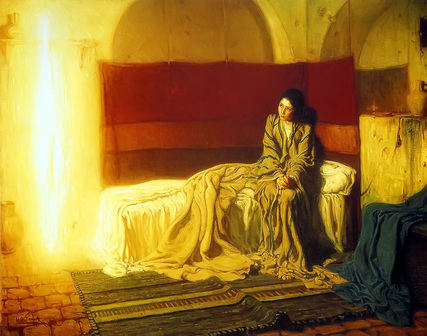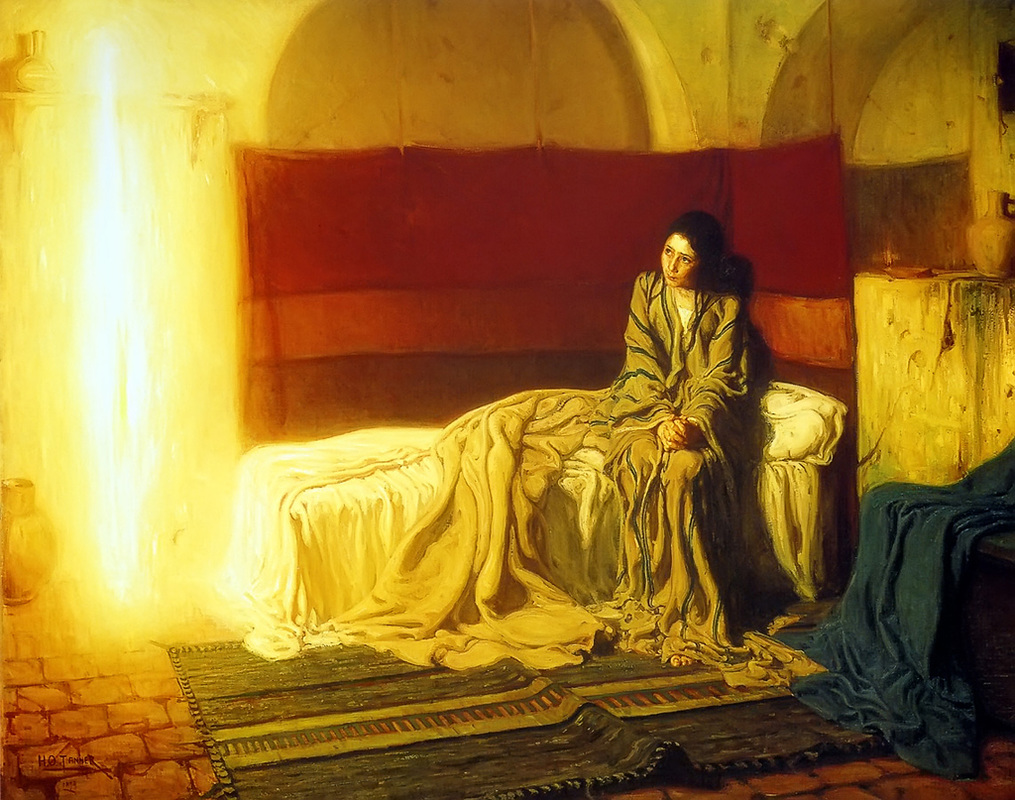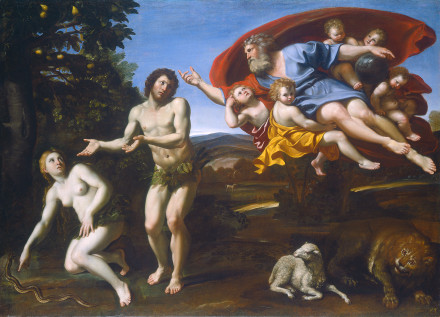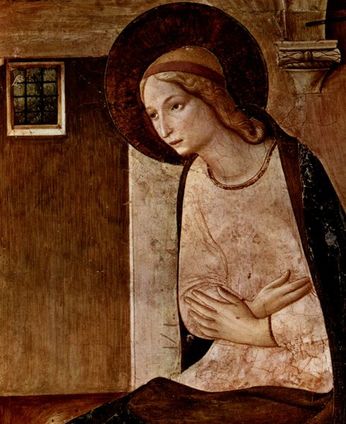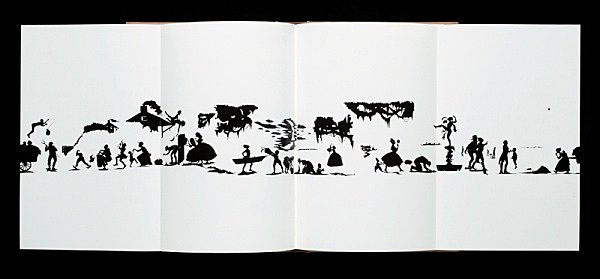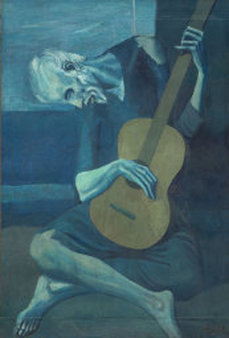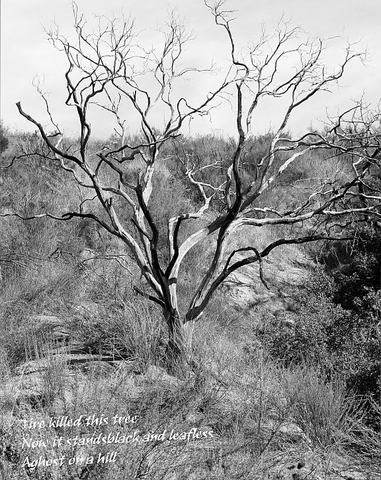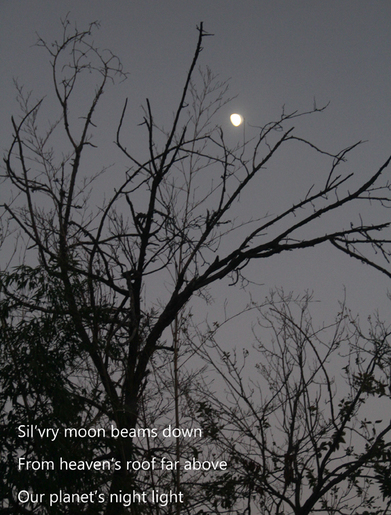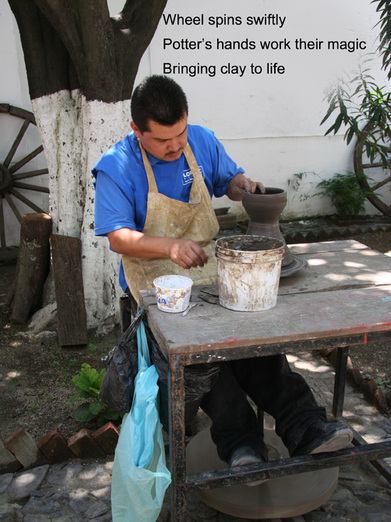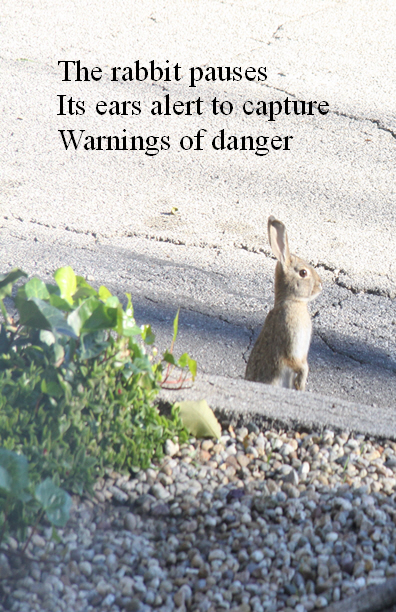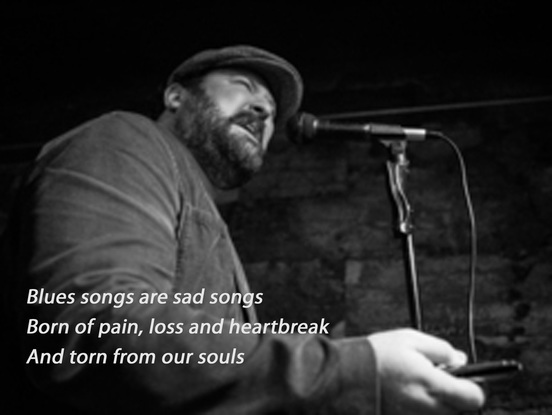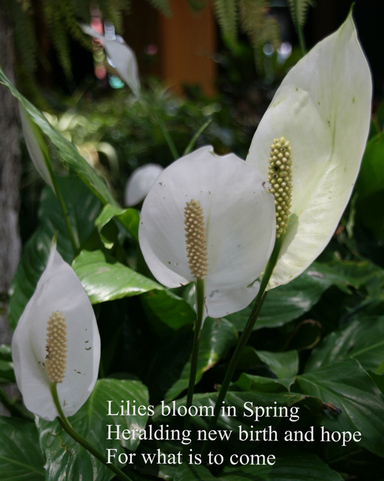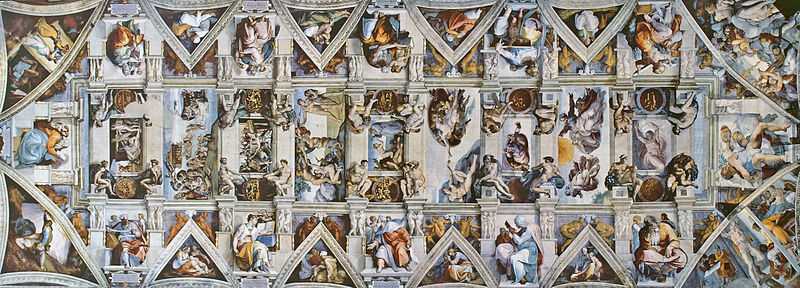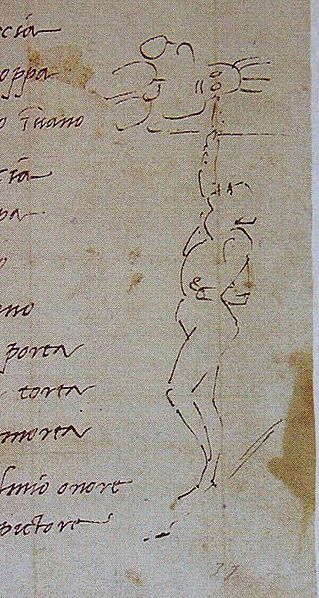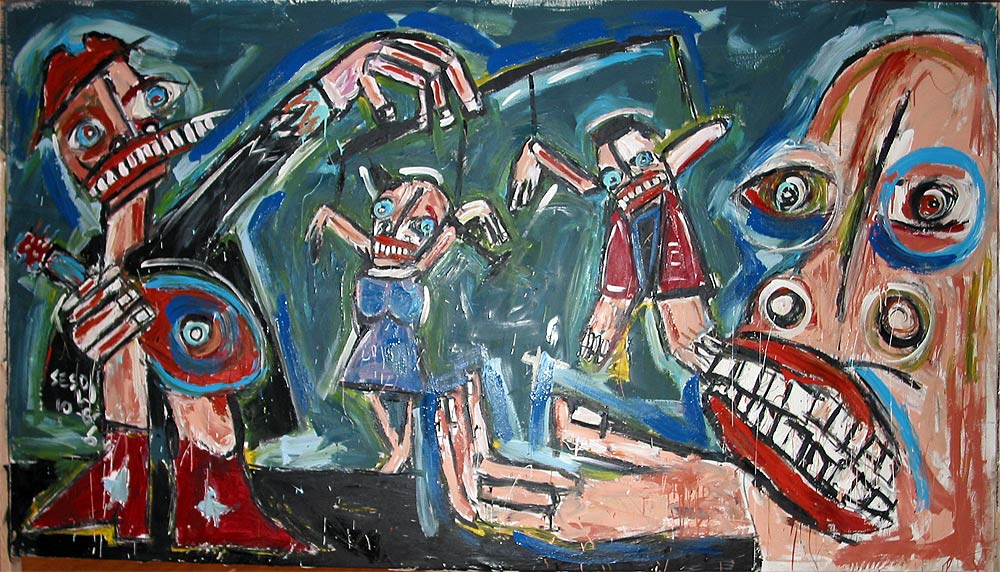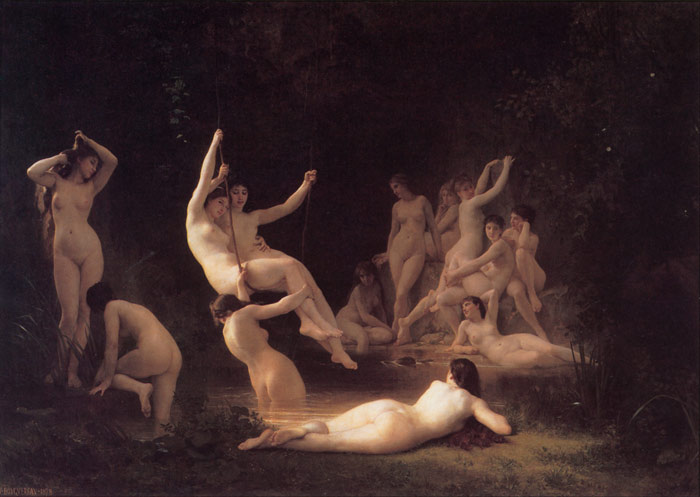|
magnificat – the visitation
madonna visits – her lyrics like nightingales' gregorian chants juilliard musicians note: glissando steps to heaven Patrick G. Metoyer Mary's visit to Elizabeth invokes an operatic scene in which Mary delivers her Magnificat aria. Cherubim and Seraphim, perhaps, provide the chorus in a Bach sacred cantata or Mozart vespers. When he is not engaged in visual arts, Colorado resident Patrick G. Metoyer enjoys reciting and performing his creative writings. His poetry and prose in the past few years have been featured in Grand Valley Magazine. Recent submissions are forthcoming online in 2016 at gnarledoak.org and deadmule.com.
0 Comments
Mary’s Song
Nazareth, how the narrow streets teemed with merchants, a display of ladies’ undergarments, emerald, apricot bras, and camel leather wallets. Buckets heaped with cinnamon, saffron, and frankincense. Seven gleaming buses in a row, yellow, purple, blue, white, spilling with pilgrims. Red spray paint mars the side of one bus, Israel, terrorist state! A swastika dripping hatred. The locals go about their business. Bustling from one errand to another, shopping. Herbs and onions, aubergines as purple as wine. A tumble of dark women wrapped in white gauze, all the way from Ethiopia. Happy laughter. In the courtyard of the Church of the Annunciation, they sing. Many voices. Familiar praises. The mosaics as beautiful as music. Pale blue tiles and seashells, the sun is glitter on glass. A lemon tree, yellow ornaments close enough to reach. She said yes! a minister tells her flock. A Canadian flag on the lapel of one with head bowed. Mary said, who me, how me, and yes. She said, here I am. She said yes. Inside, sanctuary. A group of Indians praying. I sit with them for a moment. I do not know their language, but I know the words. Thy will be done, on earth, as it is in heaven. I think about the incarnation. About a young Jewish girl. How she stood in this place, two thousand years before I got here. I have never had courage. Bravado, it’s not the same thing. Hail Mary, full of grace. I prayed too. For the whole year I knew I was coming here, I prayed. Not Lord, here I am. Rather, Lord, help my unbelief. There was no answer. And he hardens whom he wants to harden. Still waiting to believe, still wanting to believe, I was afraid I would feel nothing coming here. But I feel everything. Fear, and joy. Fury, and longing. Welcome, and left behind. There are miles of sky and salt and sand. There are almonds, there are green olives, glistening at breakfast, briny in my mouth as the Dead Sea. There are sheep, and shepherds, cattle on a thousand hills. Everything is holy. Lorette C. Luzajic A visual artist and writer, Lorette C. Luzajic is also the editor of Ekphrastic. She is the author of over ten books, including Funny Stories About Depression, Truck and other thoughts on art, Kilodney Does Shakespeare, Fascinating Artists, Fascinating Writers, and Weird Monologues for a Rainy Life. Her poetry collections are The Astronaut's Wife, and Solace. Visit her at www.ideafountain.ca. The Rebuke of Adam and Eve God is suspended in air By five angels, babies really, As he extends a castigating hand To his creations just before Banning them from his sight. Adam shrugs, hands indicating Eve Who on one knee points Directly to the snake. Domenichino paints an anxious Lamb in the lower right corner Next to a lion growing fierce. In the upper left corner Golden apples shine from the tree Of the knowledge of good and evil The pair, splendid in their nakedness, Unaware of future travail. Joseph Lisowski Joseph Lisowski has taught at several colleges and universities, most notably, Duquesne University, Point Park College, The University of the Virgin Islands (St. Thomas serves as the setting for his 3 published detective fiction novels), J.Sargeant Reynolds Community College, and Elizabeth City State University. Among his many awards and grants, he received the UNC Board of Governors Teacher of the Year award (2013-2014). Individual works in magazines and journals are too numerous to mention, but he has had 21 chapbooks of poetry published. impatient
not yet exposed to proverbs not yet imbued with political correctness not yet tainted by global warming not yet emergency physician responds to infant's impatience pushes him back from the birth canal three weeks before Christmas his time has not yet come not yet Emmanuel not yet Patrick G. Metoyer The young wife of a young Iraq War veteran had this unexpected experience – which must have been emotionally on par with her husband's combat situation. The assertive medical response prevented a premature delivery and inspired the Yuletide poem “impatient.” When he is not engaged in visual arts, Colorado resident Patrick G. Metoyer may spin a yarn or two with his pen. He enjoys reciting and performing his creative writings. His poetry and prose in the past few years have been featured in Grand Valley Magazine. Recent submissions are forthcoming at gnarledoak.org and deadmule.com. Silhouette
after Kara Walker The first one happened fast: in ancient Greece a man about to leave for war stood against the alabaster wall of his lover’s courtyard at noon. She traced the shape of his shadow with coal, careful to capture the bony essence: arced nose, cowlick. What with the sun moving like a chariot, she had to trap it all. And they are cheap! Thus, silhouette, from Etienne de Silhouette, money minister in Paris, who urged cuts and prudence even in love-- the trick was to keep your tiny knife honed and to keep contrast. And so, a delicate eyelash, a strong chin, a wigged man, sideways. And silhouette, from the Basque, meaning abundance of hole or of cave. And anyone with a knife could make a cave cheaply, on paper, on the dusty layer of a shell. Anyone could make a hole. An artist in NYC covered a whole room of white walls with silhouettes. She used her X-Acto and cut skinny girls, gawky, with braids scalloped and curved like the horns of beasts; she shaped the noose from the tree like the braids. She cut eyelets along the hem of a woman in a petticoat so the white showed through the black paper and I bet she saved those comma-shaped chads to glue around the baby dropping from a knobby-kneed girl to make it look wet and fresh. Jennifer Martelli Jennifer Martelli’s chapbook, Apostrophe, was published in 2011. Most recently, her poetry has appeared in Wherewithal, Up the Staircase Quarterly, Rogue Agent, and The Yellow Chair Review. Her reviews have appeared in Glint, Arsenic Lobster, The Mom Egg and Drunken Boat. She is a recipient of the Massachusetts Cultural Council Grant in Poetry, a Pushcart and Best of the Net Nominee and works as an associate editor for The Compassion Project. She lives in Marblehead, Massachusetts with her family. www.jennifermartelli.com Picasso’s Blue Guitarist We weren’t a great match as college roommates. We both knew the Chicago Art Institute, winds off the lake, and sweat in summers. Other than that in those days wherever I lived, an orange and red rug followed me, a rug I hooked as a would-be sunshine. The rug fuzzed. A curled Blue Guitarist poster followed her. My boyfriend lobbed ripe oranges through the window to my desk and upset some nights whistling for me. She kept a bottle of Glenlivet under the skirts of her bed and wore cowboy boots. We managed to get along. I never said a word against the bent old man that hung in our bedroom. I like blue. I imprinted on that old man that year. My father almost died. I drifted toward graduate school without conviction, arched under the gravity of being me. I knew how his neck came to hook. Did he pluck a twang I could hear? Never. See how his legs fold, X marks the groin, genitals covered in guitar, hints of a black abyss delving into his manhood. His bones of remnant hands never threatened me and never promised hope. I threw out the ratty rug one day. I have come to know the guitarist. Tricia Knoll Tricia Knoll is an Oregon poet. Her chapbook Urban Wild is out from Finishing Line Press. Her new book Ocean's Laughter about a small town on the northern Oregon coast (Aldrich Press) is now available. Website: triciaknoll.com Ken Fermoyle has been writing haiku and pairing them with his own photography. He is almost 89 and new to writing poetry, but has published thousands of articles during six decades of newspaper work. His passion for photography has been with him since childhood. Today Ken is legally blind, but continues to work with the help of computer technology and hyper-enlarged fonts. He is writing a children's chapter book and hopes to put together a collection of his haiku and photos.
Novus Ordo Seclorum
They say Michelangelo lay on his back To point God’s index finger across the chapel ceiling. A common misconception—he stood and bent awkwardly And wrote sonnets about back pain. The colours sing of strong arms, of Rome’s new lineage, Muscles taut from shoulder to wrist. Silent Sibyls. Chin on palm. Fleshy fingers marking the page. Smudged ink. Putti rolling around all overgrown after a hearty meal. Prophets with writer’s block—nothing heavenly in this. To people the sky, Michelangelo Painted over the stars. Olivia J. Kiers Olivia J. Kiers is an editorial assistant with Art New England magazine, and lives near Boston, MA. She holds a master's in the history of art and architecture from Boston University, and an undergraduate degree in French and fine arts from the University of Virginia. Her poetry and photography have been published in Literary Laundry, Local Tea, Glass, Garden, The Virginia Literary Review, and a forthcoming issue of Gyroscope Review. To view examples of her artwork, please visit okayart.wordpress.com. |
The Ekphrastic Review
COOKIES/PRIVACY
This site uses cookies to deliver your best navigation experience this time and next. Continuing here means you consent to cookies. Thank you. Join us on Facebook:
July 2024
|
